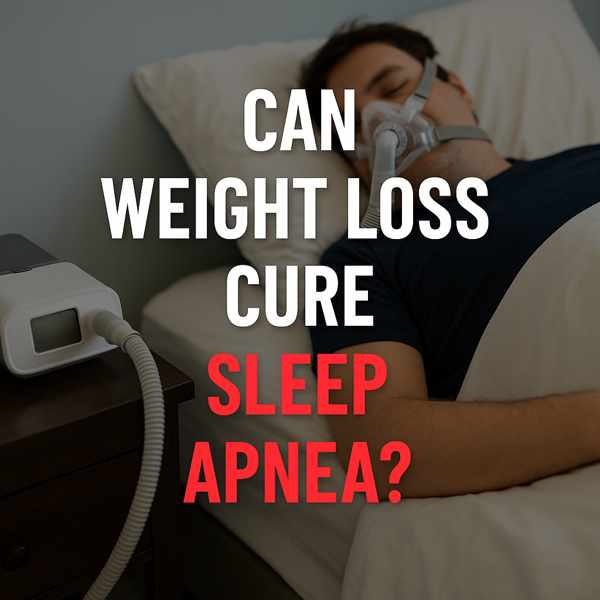How Weight Loss Affects Sleep Apnea
How Weight Loss Affects Sleep Apnea
Blog Article

Sleep apnea is a common sleep disorder that affects breathing during rest.
While not always a complete cure, weight loss often lowers the impact of sleep apnea significantly.
Causes and Symptoms of Sleep Apnea
Sleep apnea occurs when breathing repeatedly stops and starts during sleep.
Common symptoms include:
- Often reported by sleep partners
- Choking or gasping during sleep
- Excessive daytime tiredness
- Signs of disrupted oxygen flow
Why Excess Fat Matters
Carrying extra weight, especially around the neck and upper body, can put pressure on the airway during sleep.
Key risk factors include:
- More weight increases OSA risk
- Fat around the neck and jawline
- Can contribute to airway collapse
Can Weight Loss Cure Sleep Apnea?
Especially in individuals with mild to moderate OSA, lifestyle changes can be very effective.
Possible benefits of weight loss:
- Improved nighttime breathing
- Reduced risk of waking up during sleep
- Less need for CPAP machines or surgery
- Improved sleep quality and energy
However, weight loss may not cure sleep apnea in all cases — especially if anatomical issues or severe OSA are present.
What Results Can You Expect?
Even modest weight loss can have a big impact.
Tips:
- Start with small, achievable goals
- Sustainable changes make a difference
- Track your sleep changes
Healthy Ways to Lose Weight for Sleep Improvement
Effective strategies:
- Limit sugar and processed carbs
- Exercise regularly (cardio + strength)
- Sleep on your side
- Avoid alcohol and sedatives
Working with a nutritionist or sleep specialist can provide more personalized support.
What to Do if Symptoms Persist
While weight loss is helpful, it may not fully resolve sleep apnea for everyone.
- CPAP therapy (Continuous Positive Airway Pressure)
- Custom-fitted mouthpieces to reposition jaw and tongue
- To remove excess tissue or reposition structures
Is Weight Loss the Answer?
So, can sleep apnea obesity weight loss cure sleep apnea? In many cases, it can improve the condition.
Still, sleep apnea is a medical condition that may require combined treatments. Report this page